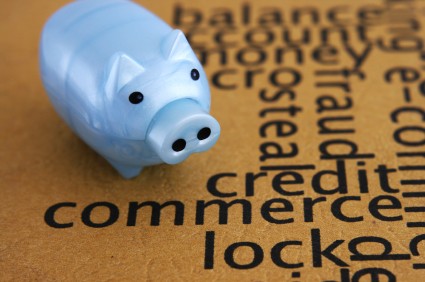
GETTING PAID IS ONE thing that can be a bit tricky if you don’t have the right payment terms, especially if you’re new to business and your client isn’t. If you want to keep your business running smoothly, you should have the right channels of payment in order to best manage your cash flow. As a newcomer into the business arena, you should be ready to learn how you can manage your business when it comes to cash flow. Money management should be a major, if not your top, priority. In order to avoid large debts, you should put measures in place to help you keep track of, and collect, any debts you are owed.
The first payment terms tip you need to know is to familiarize yourself with basic bookkeeping. This isn’t anything more complex than keeping track of where your money is, where it’s coming from (or should be coming from), and where it’s going. You should have money management principles at your fingertips. It’s good to understand credits, forms of taxes, and bank statements. It’s also good to know the payment options that you will offer customers and what the industry standard is, e.g. how everybody else in your industry is handling their payment terms. There are a number of payment modes that you can allow your customers to use such as cash, debit cards, certified checks (I’d recommend staying away from personal checks), PayPal, direct transfer, and credit cards. As you do this, you should sit down and come up with payment terms and debt collection regulations.
For easy payments, it is good to open a bank account under your business’ name. This is what will facilitate the debt collection. Opening an account will make your work easy when it comes to payments and taxes. This is the bank account you will give your customers to deposit money into if they opt for direct deposit payment. This will help you avoid transacting with liquid cash (green paper money). It's smart to open an account with a bank that has a good reputation. Avoid new and up-and-coming banks that you don’t recognize or banks that are operated out of the back room of a tattoo parlor or a van down by the river (it’s okay to laugh—see, business can be fun!). It's good to ensure that the account you open is active by depositing some money into it. It's also good to attach some credit to your account, just not more than you can reasonably afford to pay back. A line of credit will come in handy when it’s time to make purchases or expand and you haven’t quite collected everything in your accounts receivables pile (money people owe you).
Advanced bookkeeping is a challenge that many people face. If you don’t have master bookkeeping skills, you should hire a professional accountant. He or she will help you in maintaining the accounts of your business. Get someone who is well versed when it comes to keeping cash records. You can also invest in software that will help you in tracking the cash flow in your business. Software like Quickbooks will make the tracking of your payment terms easy and will allow you to create invoices, keep account information, and track your bank accounts.
It’s good to have strict rules regarding late payment. Don’t be afraid to enact a late-payment fee; just ensure you make it known up-front. Also, don’t let any of your customers give you a guilt trip about a late payment fee. They knew the terms when they went into business with you. It’s not personal; it’s business. If you don’t have any late-payment penalties, you may find that some customers will feel free to hold onto your money for a long period of time. You know what they’re doing? Using you like a bank without an interest rate. And why wouldn’t they? It’s not personal; it’s just business! A late payment fee is like an interest rate for allowing someone else to use your money too long, so don’t be afraid to enact one—everybody else does.






















